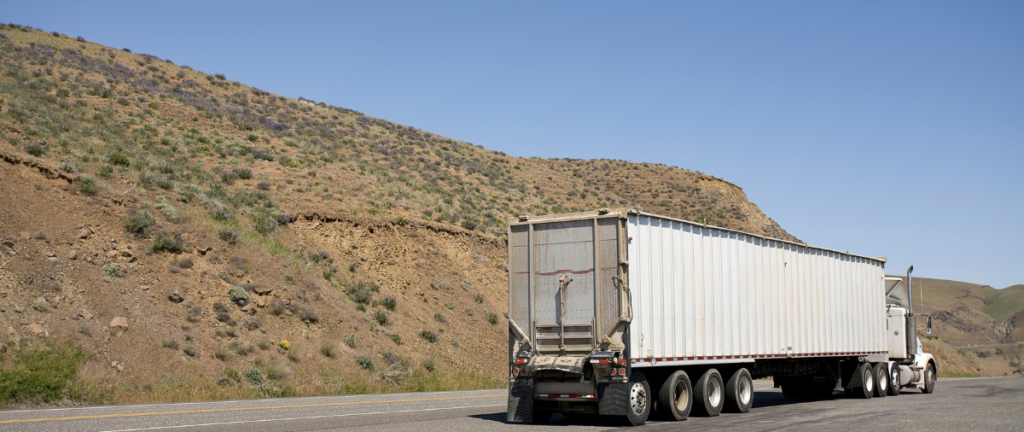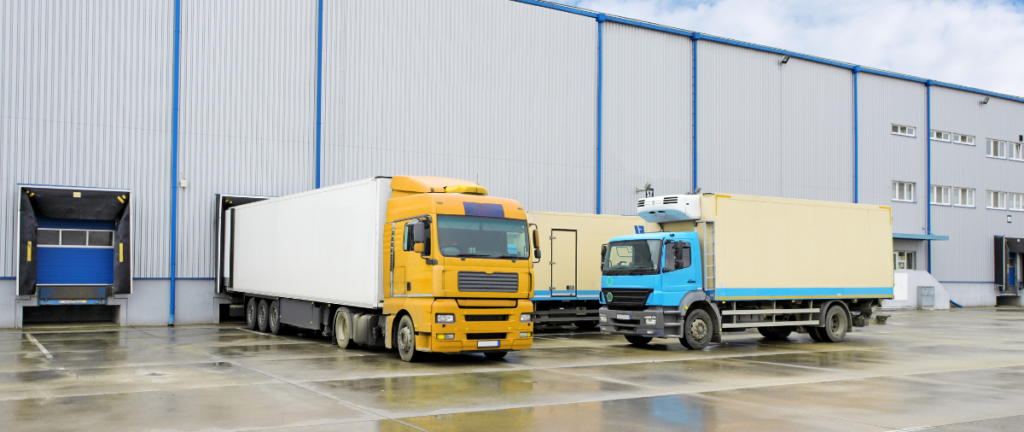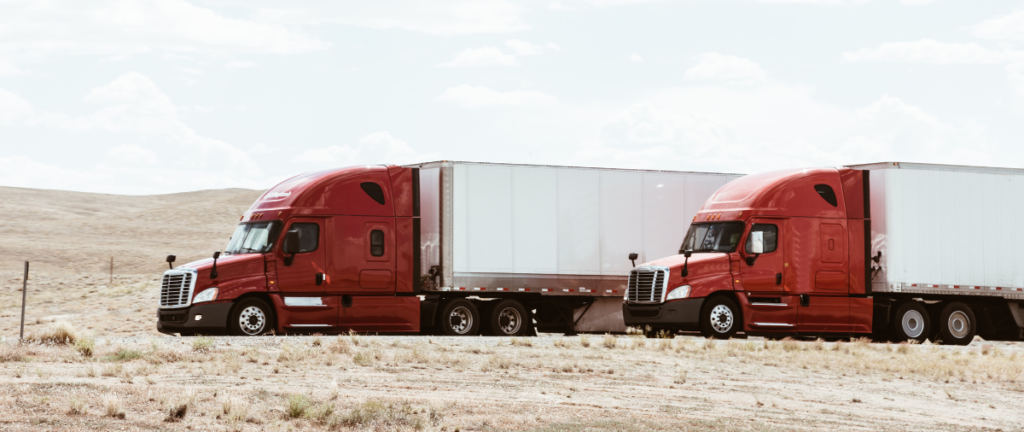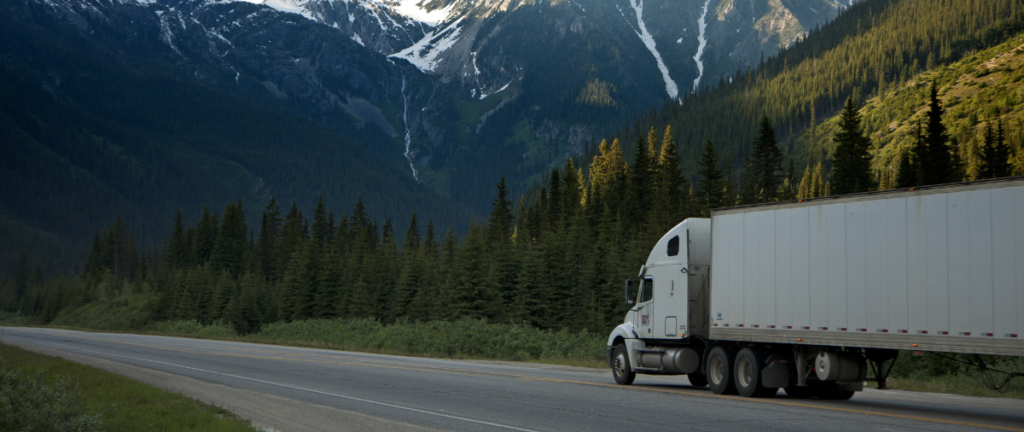Purchasing a brand-new tractor trailer is a significant investment aimed at boosting productivity in your business. However, imagine waking up one morning to find it stolen or damaged in an accident. Without the right insurance, this unfortunate scenario could lead to financial distress. Each year, tractor trailer accidents, thefts, and unexpected damages result in thousands of injuries and fatalities, not to mention the staggering costs associated with repairs and replacements.
This comprehensive guide is designed to provide you with a thorough understanding of tractor trailer insurance, helping you safeguard your valuable investment. Whether you’re a trucker, contractor, or logistics manager, this resource will equip you with the knowledge you need to choose the right coverage, understand legal requirements, and maintain peace of mind.
Table of Contents
ToggleWhat is Tractor Trailer Insurance?
Tractor trailer insurance is a specialized form of coverage designed to protect large vehicles from a range of risks. Whether used for transportation, industrial work, or commercial activities, these vehicles require tailored protection. This insurance covers damages from accidents, theft, natural disasters, and other unforeseen events.
Unlike standard vehicle insurance, tractor trailer insurance considers unique factors such as the trailer’s usage, operational environment, and specific risks associated with large commercial vehicles. This specialized approach ensures you receive coverage that aligns with your needs.
Types of Tractor Trailer Insurance
- Comprehensive Coverage: This extensive coverage protects your tractor trailer against a wide range of risks, including theft, vandalism, fire, and natural disasters. It ensures that your trailer is covered in almost any situation.
- Collision Coverage: This type of insurance covers damage to your tractor trailer resulting from collisions with other vehicles or objects. Whether you accidentally drive into a fence or collide with another vehicle, this coverage will handle the repair costs.
- Liability Coverage: Essential for any commercial vehicle, liability coverage protects you if your tractor trailer is involved in an accident that causes injury to another person or damages their property. This coverage helps pay for medical bills, legal fees, and property repairs, safeguarding you from significant financial liabilities.
- Uninsured/Underinsured Motorist Coverage: This crucial coverage protects you if you’re involved in an accident with someone who either has no insurance or insufficient coverage. It ensures you won’t be left paying out-of-pocket for damages caused by an uninsured or underinsured driver.
Other Optional Coverages:
-
- Roadside Assistance: Provides help if your tractor trailer breaks down on the road.
-
- Rental Reimbursement: Covers the cost of renting a replacement trailer while yours is being repaired.
-
- Loss of Use: Compensates for the loss of income if your trailer is out of commission due to a covered event.
Factors Affecting Tractor Trailer Insurance Premiums

Several factors can influence your tractor trailer insurance premiums, including:
- Age and Condition of the Tractor Trailer: Older or poorly maintained trailers may incur higher premiums due to increased breakdown risks and repair costs.
- Type of Trailer (Commercial vs. Industrial): The intended use of the trailer significantly impacts premiums. Commercial trailers may face different risks compared to industrial ones.
- Driver’s Experience and Driving Record: A driver’s experience and clean driving history typically lead to lower premiums.
- Location (Rural vs. Urban): Operating a tractor trailer in rural areas might have higher theft risks, while urban settings might see more accidents.
- Usage (Personal vs. Commercial): Trailers used for commercial purposes usually face higher premiums due to increased exposure to risks.
Why Tractor Trailer Insurance is Essential
- Protecting Your Investment: Tractor trailers can cost tens to hundreds of thousands of dollars. Without insurance, you risk losing your investment due to accidents, theft, or natural disasters. For instance, repairing or replacing a damaged trailer can easily exceed $10,000. Tractor trailer insurance ensures you can recover financially when the unexpected happens.
- Legal Requirements: Depending on your location, having tractor trailer insurance may be legally required, especially for trailers used on public roads or for commercial purposes. Non-compliance with local insurance laws can result in fines, penalties, or the loss of your trailer. Ensuring your insurance policy meets legal standards is vital to avoid these complications.
- Peace of Mind: Beyond financial protection, tractor trailer insurance provides peace of mind. Knowing you’re covered in case of accidents or theft allows you to focus on your work without constant worry about potential risks. This emotional security is invaluable, especially for those who rely on their trailers for their livelihood.
Choosing the Right Tractor Trailer Insurance Policy
- Assessing Your Needs: The first step in choosing the right tractor trailer insurance is understanding your specific needs. Consider the value of your trailer, how often and where it’s used, and the risks you face. If you operate in a high-risk environment, comprehensive coverage might be necessary; for lower-risk, personal use, basic coverage may suffice.
- Comparing Policies: When evaluating insurance policies, look beyond just the premium. Assess coverage limits, exclusions, and additional benefits offered by different providers. Some policies may feature lower premiums but come with higher deductibles or limited coverage options. Ensure the policy you choose provides adequate protection tailored to your needs.
- Getting Quotes: Obtain quotes from multiple insurance companies to find the best deal. Provide accurate information about your trailer, its usage, and your driving record for precise quotes. Comparing quotes will help you understand market rates and identify potential savings.
Filing a Tractor Trailer Insurance Claim
- Understanding the Claims Process: Filing a claim can be daunting, especially during stressful times. Understanding the steps involved can simplify the process. Generally, this includes reporting the incident to your insurer, providing necessary documentation, and collaborating with an adjuster to assess the damage.
- Gathering Necessary Documentation: To support your claim, gather the following documents:
-
- A copy of your insurance policy
- Photos or videos of the damage
- Police reports (if applicable)
- Repair estimates or invoices
-
Having these documents ready will expedite the claims process and increase the likelihood of a successful claim.
Dealing with Insurance Adjusters: Insurance adjusters assess the damage and determine compensation. Clear communication and providing all necessary information is crucial. Be honest about the incident and the extent of the damage. If you disagree with the adjuster’s assessment, you can request a re-evaluation or seek a second opinion.
Tips for Maintaining Tractor Trailer Insurance Coverage
- Regularly Review Your Policy: As your needs change, your insurance policy should be updated to reflect those changes. Whether you’ve upgraded your trailer, changed its usage, or moved to a different location, it’s important to review your policy regularly to ensure it still meets your needs.
- Update Your Insurer About Changes: Notifying your insurance company about any modifications to your tractor trailer or changes in how it’s used is crucial. For example, if you’ve added new attachments to your trailer or started using it for commercial purposes, your policy may need to be adjusted accordingly. Failing to update your insurer could result in denied claims or insufficient coverage.
- Maintain a Clean Driving Record: A good driving record can help lower your insurance premiums. Avoiding accidents and traffic violations not only keeps you safe but also makes you eligible for discounts on your insurance policy. Consider taking a defensive driving course to further improve your driving skills and potentially reduce your premiums.
Conclusion
Tractor trailer insurance is an essential investment for anyone who owns or operates a trailer. It protects your valuable assets from a range of risks, including accidents, theft, and natural disasters. Understanding the different types of coverage, assessing your specific needs, and choosing the right policy are crucial steps in ensuring that your tractor trailer is adequately protected. Additionally, knowing how to file a claim and maintain your coverage can help you navigate the complexities of tractor trailer insurance with confidence.
Now that you’re equipped with the knowledge needed to make an informed decision, it’s time to take the next step. Get a quote today or contact an insurance agent to discuss the best tractor trailer insurance options for your needs. Protect your investment and gain the peace of mind you deserve.



